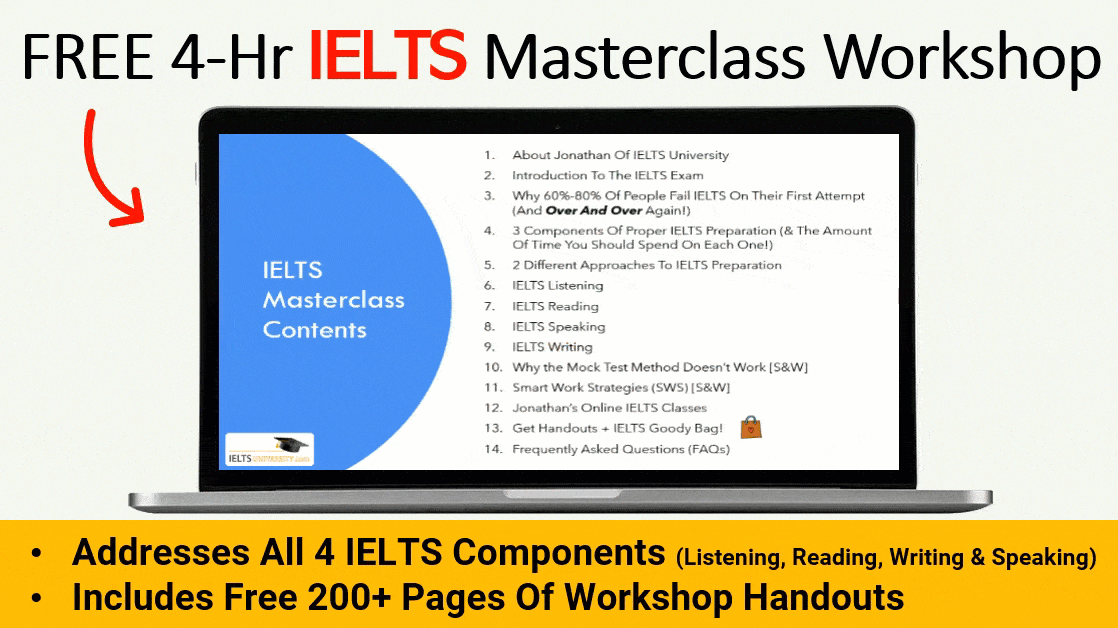The IELTS exam assesses your English proficiency in a variety of contexts. Using formal vocabulary demonstrates a nuanced understanding of the language and the ability to communicate appropriately in academic or professional settings. This makes it an area worth focusing on to achieve higher band scores in your writing and speaking tasks.
What is Formal Vocabulary?
Formal vocabulary encompasses words and phrases that are considered suitable for academic essays, professional reports, official correspondence, or even more serious social settings. Here’s how to identify formal vocabulary:
- Specificity: Formal words often have a narrower, more precise meaning than their everyday counterparts. For example, “purchase” is more formal than “buy”.
- Lack of Contractions: Formal vocabulary favours full forms of words rather than contractions. Instead of “I’ll” or “don’t”, you’d use “I will” and “do not”.
- Origin: Many formal words derive from Latin or Greek roots, giving them a more sophisticated feel. For example, “commence” instead of “begin”.
Why Use Formal Vocabulary in IELTS
- Appropriate Tone: The tasks in IELTS often involve analysing data, expressing opinions on complex issues, or describing processes. Informal, conversational language is unsuitable for these and could lower your score.
- Demonstrating Range: Showing command of formal vocabulary sets you apart as a proficient language user in the eyes of the IELTS examiners.
- Clarity and Precision: Formal words often allow you to express your ideas more accurately, avoiding vagueness or ambiguity.
Formal Vocabulary for Writing vs. Speaking
It’s important to understand that there’s a subtle difference in how you should approach formal vocabulary for these two different sections of the IELTS:
- Writing: You have time to plan and edit, allowing you to select more sophisticated vocabulary and complex phrasing.
- Speaking: Spontaneity is key. Aim for a balance – use some formal words and structures to elevate your speech, but don’t overly focus on this at the expense of fluency and naturalness.
Key Categories of Formal Vocabulary
- Linking Words and Phrases: Instead of just “but”, “so”, or “because”, use “however”, “therefore”, or “consequently”.
- Synonyms for Common Words: Replace everyday verbs like “get”, “show”, or “good” with more formal alternatives such as “obtain”, “demonstrate”, or “advantageous”.
- Academic-Style Expressions: Familiarize yourself with phrases like “in addition to”, “due to”, “it can be argued that”, as these are common in formal English.
- Topic-Specific Words: Each IELTS task type has its own set of relevant formal vocabulary. For example, if writing about technology, you might use terms like “implement”, “innovation” or “data analysis”.
How to Build Your Formal Vocabulary
- Read Widely: Pay attention to the vocabulary used in academic journals, reputable news sources, and serious nonfiction works.
- Vocabulary Lists: Utilize dedicated resources on formal vocabulary for IELTS. However, don’t just memorize lists; learn to use words in context.
- Word Analysis: Break down formal words into their prefixes, roots, and suffixes to better understand their meaning and recognize similar words.
- Synonym Tools: Use a thesaurus or online resources to find more formal alternatives to common words.
Tips for Using Formal Vocabulary Effectively
- Don’t Overdo It: Cramming too many unfamiliar formal words into your writing or speech will sound unnatural and may even obscure meaning if used incorrectly.
- Confidence is Key: Practice using formal vocabulary in low-pressure situations so it feels more natural when the IELTS test arrives.
- Focus on Accuracy: Using a sophisticated word incorrectly is worse than using a simpler word accurately. Be certain of the meaning and usage before attempting to impress the examiners.
Final Note
While formal vocabulary is a valuable tool for the IELTS exam, it should never come at the expense of overall clarity and coherence. A response that is well-structured, grammatically accurate, and communicates ideas effectively will always be favoured, even if it lacks some of the most advanced vocabulary.
Remember, building a strong vocabulary is an ongoing process. Incorporate the strategies mentioned into your regular IELTS preparation, and you’ll find yourself using formal language with increasing confidence and finesse.

